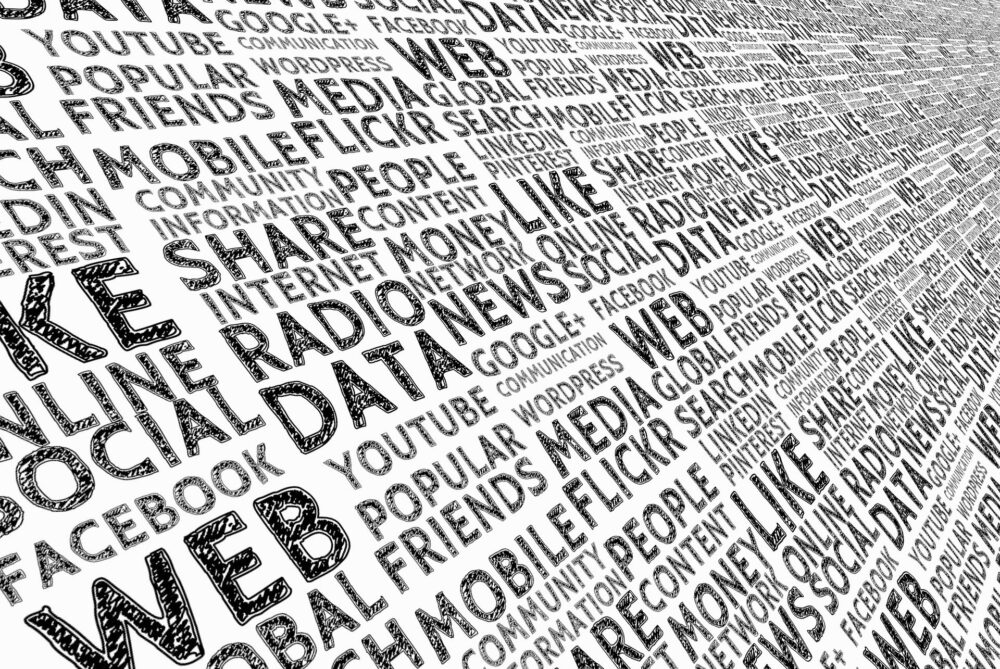
Misinformation Costs Money and Lives
Last year a public relations firm named Fazze hatched a scheme. It offered to pay social media influencers to push misinformation saying Pfizer’s Covid 19 vaccine was deadly. In addition, the firm wanted the influencers to claim government officials and the media were covering up the information. It turns out the firm did not exist.
Last month, an 18-year-old walked into a Buffalo Supermarket and, using an A-15 assault rifle, slaughtered 10 people. Almost immediately, word went out via right-wing social media channels that the shooter was a federal agent. The story, peddled by the alt-right, was that the shooting was part of a government conspiracy to get public support for gun control.
Both of these episodes are examples of the creation and spread of misinformation.
At some time in your childhood, you may have told a whopper to prank a friend. Then, went you revealed the truth, everyone had a good laugh. That is childish and innocent enough. However, misinformation is not innocent. It costs money, damages businesses, impeeds knowledge, and can even be deadly.
Economic Impact of Misinformation
A 2019 report commissioned by internet security firm CHEQ found that misinformation resulted in a $78 billion loss per year to businesses, governments, and consumers.
The study was authored by Roberto Cavazos a University of Baltimore economics professor. It found that misinformation results in losses of $39 billion in the stock market. Another $17 billion a year is lost by consumers as a result of misinformation regarding financial issues.
In addition to direct losses from misinformation, businesses spend about $9.5 billion a year to defend their reputations from misinformation. In addition, health businesses and institutions spend about $9 billion a year to combat misinformation.
Misinformation Ends Houseparty
An example of the devastating effect of misinformation on a business is the app Houseparty.
The social media app, which allowed people to video chat and play games together, took off with the Covid lock-downs. However, in March 2020, posts began appearing claiming the network had been hacked. In addition, the misinformation charged that other accounts, such as Netflix and Spotify had been hacked through Houseparty. Users were urged to delete the app and close their accounts.
Though completely false, the smear stuck. As a result, Houseparty owner Epic Games shut the app down in October 2021.
Why Misinformation Flourishes
Misinformation is not new. However, it has become a cottage industry with the rise of technology and has turned the information age into the misinformation age.
Many propagandists, such as Alex Cross, who alleged the Sandy Hook school shooting was fake, have made millions from misinformation.
Content mills and agencies can be hired to crank out made-up stories impacting everything from businesses to elections. Some companies create bogus ad campaigns that can be attached to legitimate information on the internet.
Conversely, legitimate ads can be placed with misinformation articles. This can be done without the advertiser realizing it. The reason this occurs is programmatic advertising. This labor-saving concept uses an algorithm to place ads. As a result, a reputable, trusted company can appear to be supporting an article of misinformation. Thus, the article gains credence by association with the advertiser.
How to Guard Against Misinformation
There are fact-checking programs that can help you test the accuracy of the information you get. They include:
However, you may not have time to check everything you see or read. But, there are precautions you can take to protect yourself from misinformation.
- Is the outlet or person publishing the information credible? One way you can judge this is by checking the profiles of staffers. For instance, if you go to the District Media (publisher of SavingsAdvice.com) website – you will see a button labeled Our Team. There you can access profiles.
- Look for sources in the text. Are sources cited? Are there links to the information?
- Is the original source trustworthy? During the pandemic, much of the information on Covid came from medical schools, boards of health, and long-established organizations such as the Centers for Disease Control and Prevention (CDC) and the World Health Organization (WHO). Much of the misinformation on Covid came from individuals without medical degrees or scientific backgrounds.
Death by Misinformation
It may be easy to dismiss misinformation as almost harmless. However, as stated above, it can prove deadly.
Last December, a woman identified in a National Public Radio (NPR) report as Stephanie died at age 75. The official cause of her passing was COVID-19. However, her daughter told NPR she feels there was another cause.
Stephanie had become immersed in a number of conspiracy theories. As a result, she came to distrust information from medical schools and governments on COVID-19. That caused her not only to shun the vaccine but to refuse some treatment after she got sick.
“I don’t believe she was supposed to die,” Stephanie’s daughter told NPR. “I blame the misinformation.”
Read More
Come back to what you love! Dollardig.com is the most reliable cash-back site on the web. Just sign up, click, shop, and get full cashback!

Max K. Erkiletian began writing for newspapers while still in high school. He went on to become an award-winning journalist and co-founder of the print magazine Free Bird. He has written for a wide range of regional and national publications as well as many on-line publications. That has afforded him the opportunity to interview a variety of prominent figures from former Chairman of the Federal Reserve Bank Paul Volker to Blues musicians Muddy Waters and B. B. King. Max lives in Springfield, MO with his wife Karen and their two cats. He spends as much time as possible with his kids, grandchildren, and great-grandchildren.